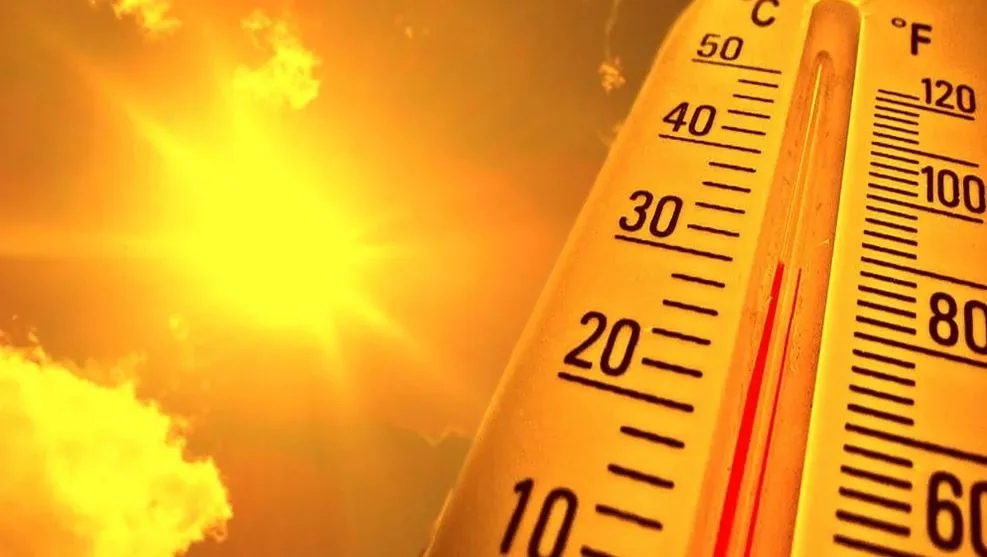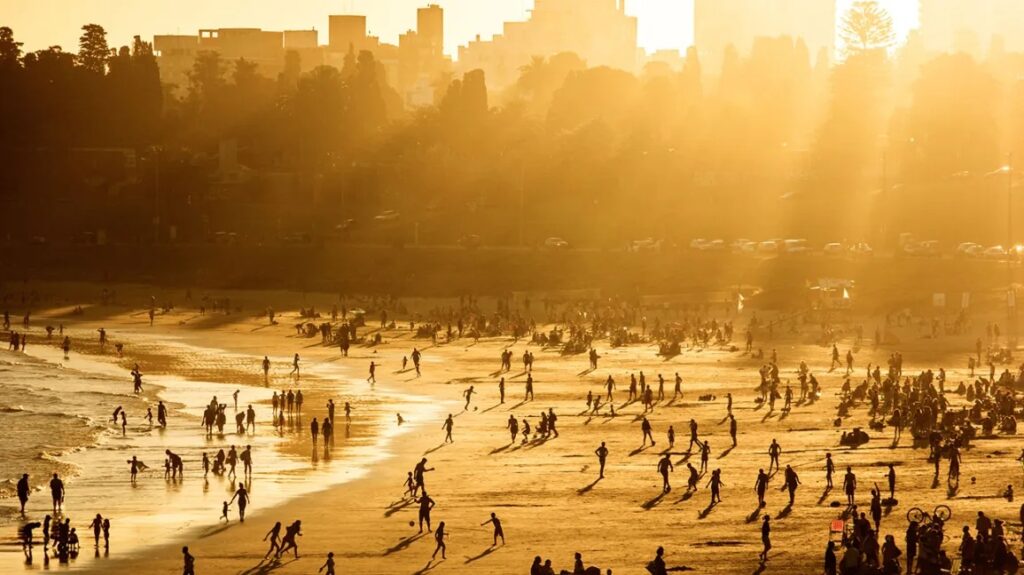How To Beat The Heat In Summer 2023. The rate at which a person loses heat depends on various factors, such as their body size, shape, composition, and clothing. However, in general, people with a higher surface area-to-volume ratio tend to lose heat faster than those with a lower surface area-to-volume ratio. Here are some ways to beat the heat in summer:
- Stay hydrated: Drink plenty of water and other fluids like fresh fruit juices, coconut water, and electrolyte drinks to keep yourself hydrated.
- Wear light-colored and loose-fitting clothes: Light-colored clothes reflect heat, while loose-fitting clothes allow air to circulate around your body, keeping you cool.
- Use sunscreen: Protect your skin from sunburn and harmful UV rays by using sunscreen with a high SPF.
- Stay indoors during the hottest parts of the day: If possible, stay indoors or in a shaded area during the hottest parts of the day, usually between 11 am and 4 pm.
- Use fans or air conditioning: Fans and air conditioning can help circulate cool air and reduce the temperature inside your home.
- Take cool showers or baths: Taking cool showers or baths can help lower your body temperature and keep you feeling refreshed.
- Avoid strenuous activities: Avoid doing strenuous activities during the hottest parts of the day. If you have to work or exercise outdoors, take frequent breaks and drink plenty of fluids.
- Eat light and cool foods: Eat light and cool foods like salads, fruits, and yogurt that will help you stay cool and hydrated.
By following these tips, you can stay cool and comfortable during the hot summer months.
Table of Contents
How To Beat The Heat In Summer 2023

There are several ways to reduce heat in summer:
- Plant trees: Planting trees around your home and in your neighborhood can help reduce the temperature by providing shade and releasing moisture into the air through a process called transpiration.
- Use reflective roofing: Reflective roofing materials, such as white tiles or metal roofing, reflect the sun’s rays and prevent heat from being absorbed into your home.
- Insulate your home: Proper insulation can help keep your home cooler in the summer by reducing the amount of heat that enters your home.
- Install shading devices: Installing shading devices such as awnings, sun shades, or blinds can help reduce the amount of sunlight entering your home and prevent it from heating up.
- Use cool roofs: Cool roofs are designed to reflect more sunlight and absorb less heat, which can help keep your home cooler.
- Use energy-efficient appliances: Energy-efficient appliances generate less heat than older models, reducing the amount of heat generated inside your home.
- Reduce indoor heat sources: Avoid using heat-generating appliances during the hottest parts of the day, such as ovens, dryers, and stoves.
By implementing these strategies, you can help reduce the amount of heat entering your home and keep your indoor environment cooler during the summer months.
Learn More: Roblox King Legacy: How To Get Gold Fruit
Who loses heat faster?

This means that people who are thinner or have a higher percentage of body fat tend to lose heat slower than those who are larger or have a lower percentage of body fat. In addition, clothing also plays a significant role in heat loss. Clothing that is thin, wet, or has a high surface area-to-volume ratio will allow more heat to escape from the body, resulting in faster heat loss.
Other factors that can affect the rate of heat loss include environmental factors such as wind speed, humidity, and air temperature. In cold and windy conditions, for example, the body loses heat more rapidly, which can lead to hypothermia if not adequately protected.
FAQ
What occurs in the summer?
The weather can change to become hotter at this time of year. You might experience dryer heat or more humid conditions, depending on where you are on the world. The longest day of the year occurs at the summer solstice because it coincides with the earliest sunrise and latest sunset of the year.



